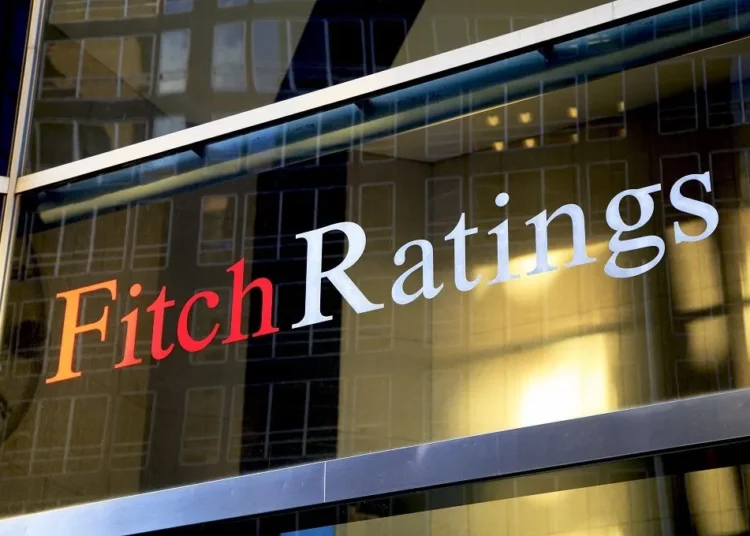International rating agency, Fitch Ratings has affirmed Ecobank Transnational Incorporated’s (ETI) Long-Term Issuer Default Rating (IDR) at ‘B-’ and its Viability Rating (VR) at ‘b-’. The Outlook on the Long-Term IDR is Stable.
According to Fitch, ETI IDRs are driven by its standalone creditworthiness, as expressed by its VR of ‘b-’. As a bank holding company (BHC), ETI’s VR is notched down once from the group VR of ‘b’ due to very high common equity double leverage (end-3Q23: 177 per cent).
“The group VR takes into consideration the group’s heightened exposure to foreign-exchange (FX) risk and modest capital buffers for its risk profile. These are balanced against a leading pan-African franchise, strong revenue and geographical diversification, acceptable asset quality, healthy operating profitability and a strong funding and liquidity profile.
ETI’s VR is one notch below the group VR, reflecting a higher failure risk at the BHC due to very high common equity double leverage. On high exposure to volatile sovereigns, Fitch said ETI’s operating conditions are negatively influenced by high sovereign debt sustainability risks across sub-Saharan Africa (SSA). Nigeria (B-/Stable) and Ghana (Restricted Default), which are two of the group’s largest markets (end-3Q23: combined 29 per cent of total assets), have both been downgraded in recent years, with Ghana defaulting on local- and foreign-currency (FC) debt in 1Q23. Geographical diversification mitigates sovereign risks, including high exposure to sovereigns rated ‘B-’ and below.
“The group had banking subsidiaries spanning 33 SSA countries and assets of $26.6 billion at end-3Q23, making it one of the largest banking groups on the continent outside of South Africa. Strong revenue diversification is supported by a broad geographical footprint and high non-interest income (9M23: 43 per cent of operating income).
“ETI is exposed to the depreciation of SSA currencies through its equity investments in subsidiaries because its reporting currency is US dollars. The depreciation of SSA currencies led to large FC translation losses through other comprehensive income in 9M23 that significantly exceeded net income, resulting in a comprehensive loss of $236 million (equivalent to 12 per cent of total equity at end-2022). The impact of FC translation losses on capitalisation is mitigated by risk-weighted assets (RWAs) deflating in dollar terms.





